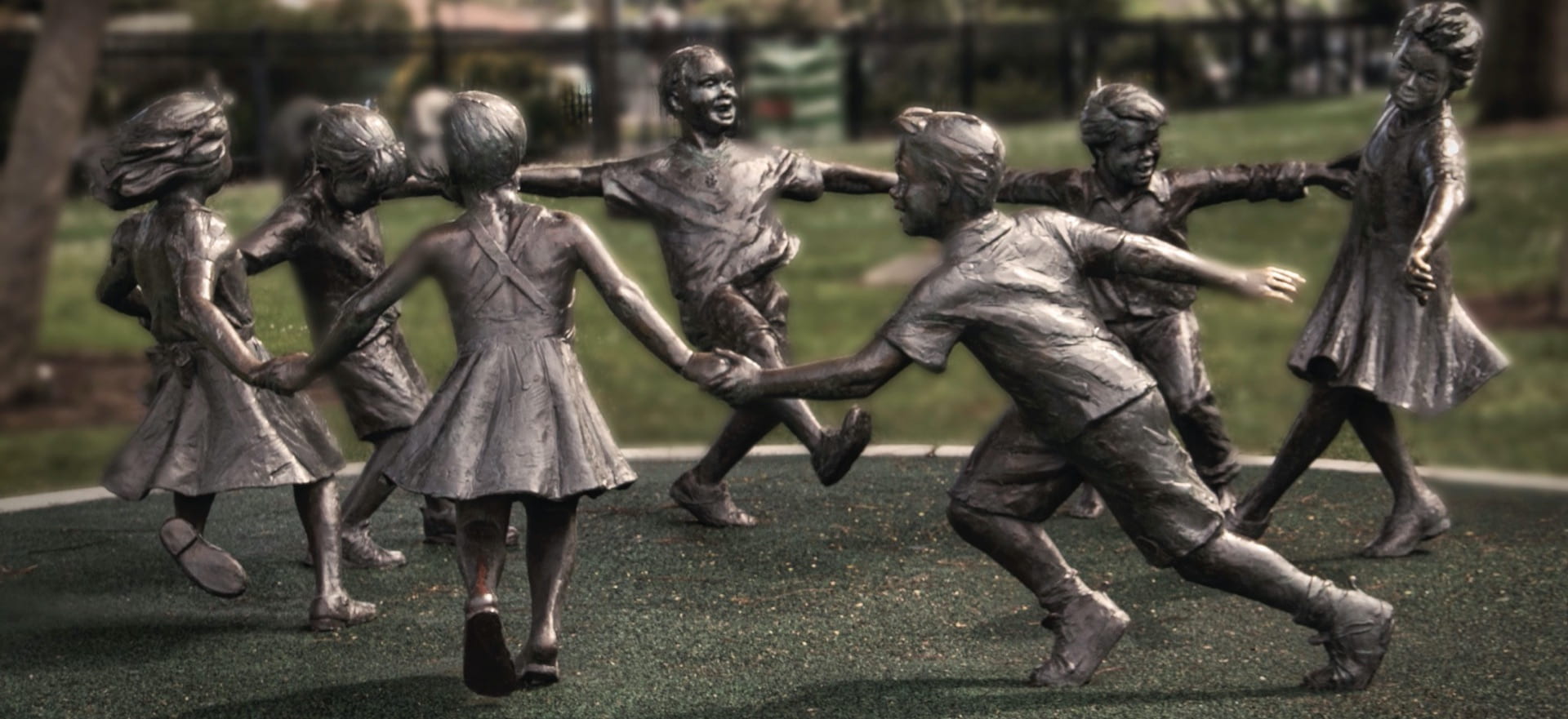Choosing welfare over worksheets and care over ‘catch-up’: teachers’ priorities during lockdown
By Blog Editor, IOE Digital, on 3 July 2020
 Alice Bradbury and Sam Duncan.
Alice Bradbury and Sam Duncan.
Teachers’ working lives changed dramatically under lockdown, with a sudden shift to providing work for children at home or teaching small groups at school. At the same time, our research suggests, their priorities may also have changed. As we enter a new phase of the COVID-19 crisis, planning for the autumn term needs to take into account the importance teachers place on care over ‘catch-up’.
Our project, ‘A duty of care and a duty to teach: educational priorities in response to the COVID-19 crisis’, explores how schools have been operating during this unique period of sudden and dramatic changes to daily life, and how these changes have affected primary teachers’ and school leaders’ thinking about education. Our first set of findings arise from a survey conducted in May via TeacherTapp, involving 1,653 participants.
The survey results reveal that teachers’ primary concern at the start of lockdown was with pupil welfare. When asked about their priorities in communicating with parents, the most popular option was checking how families are coping in terms of basic food, health and emotional needs. Headteachers in particular were regularly involved in conversations about welfare, as well as more likely to be carrying out the practical jobs of delivering hard-copy resources, checking student welfare on the doorstep, running food banks or distributing lunches. But while every school had welfare responsibilities to some extent, it was the schools in the most disadvantaged areas for whom this was a higher priority, as they attempted to monitor and alleviate the effects of poverty on their families. Teachers in these schools were more likely to be spending time on activities not traditionally thought of as ‘teaching’: our survey shows that 78% of teachers working in disadvantaged schools were checking on families’ health and well-being.
One effect of the pandemic has been that teachers’ knowledge of their school communities has increased: most teachers say they are now more aware of how much families depend on the school, with this proportion higher in schools in areas of greater deprivation. Half the teachers working in the more disadvantaged schools said they felt more aware of how poverty and overcrowding affect pupils’ lives, while two-thirds of the same teachers were more aware of how difficult home learning was for their families. This has implications for uses of home learning in future, including contingency planning for any further lockdowns later in the year.
As schools have started to re-open, the social and emotional needs of children and their families have been at the forefront of teachers’ minds, recognising that more obviously educational concerns related to catch-up and transitions depend on the prioritising of the wider well-being of pupils. Thinking further ahead, we found that teachers did not want to return to ‘business as usual’: 7 out of 10 teachers agreed with the statement ‘Primary education needs to begin again, with a broader definition of curriculum values and purposes’. The same proportion agreed that ‘Schools have an important role in building community resilience that should be both recognised and funded’. There appears to be a real desire for things to be different when schools return. Although more strongly felt by schools in disadvantaged areas, a clear majority of teachers in all schools agreed that ‘If testing and inspection goes ahead as normal next year, schools serving the most disadvantaged communities will be unfairly penalised’.
Teachers in our survey tell a story of a sector focused on welfare and care. We found 94% of teachers want things to change. In contrast to many media and government discourses around access to online learning and ‘catch-up’, they do not want national schemes or punitive inspections of their ‘catch up’ programmes; instead they want to take back into their own hands how they will plan their way out of the crisis, at what speed, with which priorities or end goals in mind.
This first set of findings demonstrates a shifting balance of priorities for teachers and school leaders as they navigate this crisis. Our project continues to gather information about teachers’ experiences and priorities, through interviews and a second survey – which can be found here.
Photo by bluesbby via Creative Commons
 Close
Close



